Publicly available data reveals that unemployment and interest rates in New Zealand keep going up. On the contrary, the economy is on a retardation course. These symptoms have been implicated in the recent departure of people from the country.
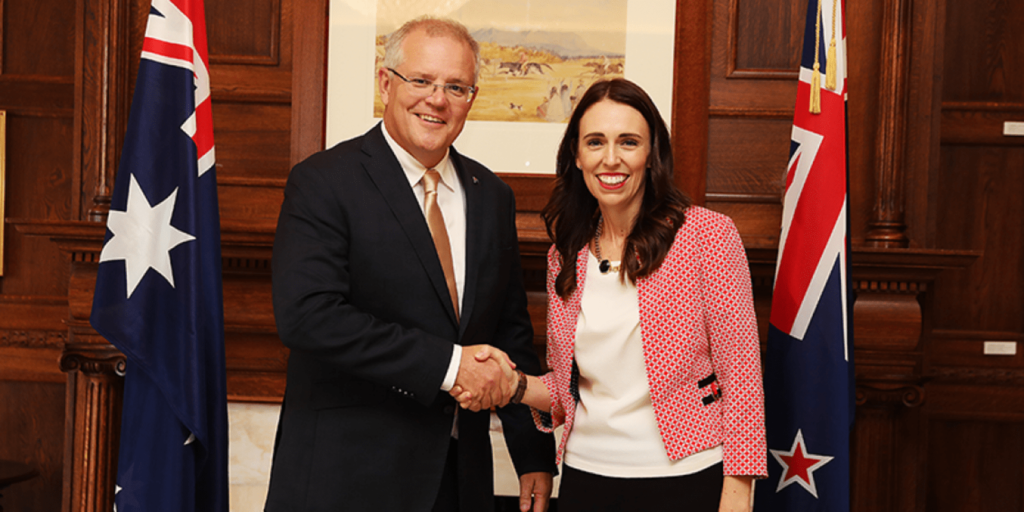
According to data from Statistics New Zealand, 131,200 individuals have left the country between January and June 2024.
Record Number of Locals Leave
The figure given by Statistics New Zealand is a record high for any given year. Interestingly, most of these migrants are headed for Australia. For now, the outflow of locals is not too obvious because there are a greater number of foreign nationals arriving in the country than the locals relocating.

However, economists suggest that net migration will start dropping soon as New Zealand’s economy loses vibrancy.
ALSO READ: Traveling
The Rate of Migration is Even Worse than Pre-Pandemic Figures
From the earlier cited figures of people who left the country, in 2024, 80,174 are locals, almost double the number of people who left the country before the pandemic.

A local, Merrily Allen, recently spoke with CNBC and mentioned that she’s planning to leave the country in the first quarter of 2025. Allen will relocate with her partner and daughter to Hobart, a Tasmanian island in Australia.
Locals Relocating to Australia for Employment Opportunities
Allen is a dental administrator and believes many opportunities await her in Australia. She said, “They’re always, always looking for people in my profession.”
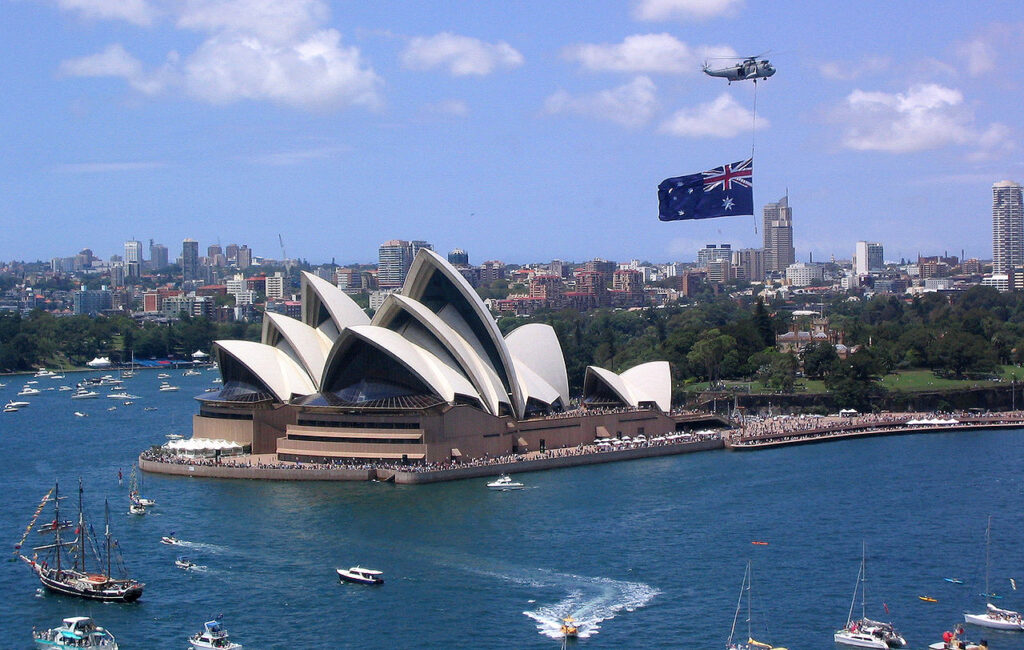
Like Allen, several locals are relocating to Australia solely to seek better work opportunities and better living conditions for themselves and their families.
The Beginning and End of a Patriotic Love Story
Many locals in the diaspora returned home during the COVID-19 pandemic. The government handled the welfare of its citizenry well at the time, causing many to return home.
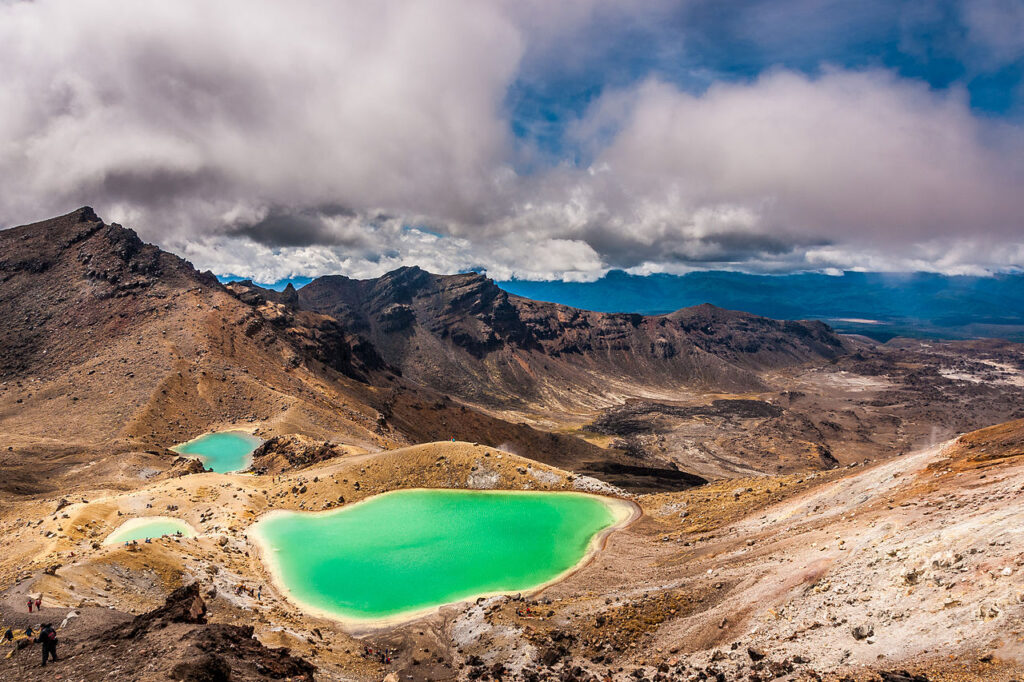
However, the economic brook is running dry, and locals are seeking greener pastures in other climes. The 5.3 million population of New Zealand is seriously waning.
Survival is Becoming Difficult for the Average Citizen
Economists suggest that locals are particularly frustrated by the high jobless rate in their country. The rising inflation rate also causes a high cost of living.
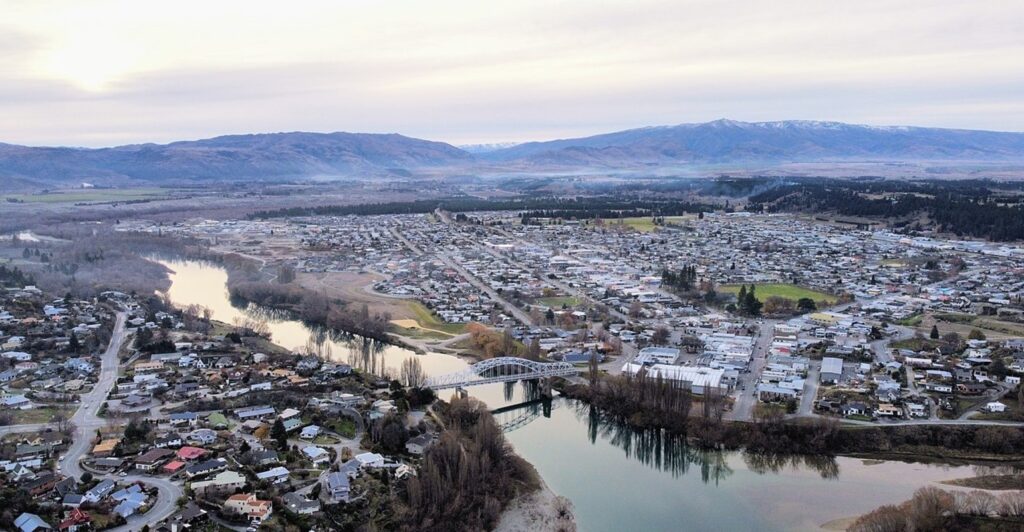
So, it is no surprise that locals are cutting their losses, ditching sentiments, and seeking places where jobs are available and income can sustain their livelihood. So far, Australia and the United Kingdom are the top destinations for locals.
Unemployment, Inflation, and New Zealand’s Receding Economy are Culpable
The dam water went bust after New Zealand’s central bank increased its cash rates to 521 basis points, the worst in the past 25 years. Economists have called this policy change the harshest since the official cash rate was enacted in 1999.

Consequently, annual economic growth slowed to a miserly 0.2% in Q1 2024. By the second quarter, the unemployment rate rose to 4.7%. The nation’s jobless rate is unsurprising because many businesses could not sustain operations.
Australia Dangles the Carrot Before Their Neighbors
Even worse for New Zealand was the fact that Australia is exploiting its economic predicament by harvesting its skilled workforce. For example, Australia has been dangling juicy relocation offers to workers with proficiency in teaching, policing, nursing, and similar areas in which it is short-staffed.

Relocation to Australia has become so easy for U.K. migrants that they do not need work visas to secure employment.
What Is New Zealand Ranked in the World Economy?
WorldData ranks New Zealand 52nd among the world’s major economies. This ranking was arrived at using the 2023 gross domestic product (GDP) of major economies around the world.
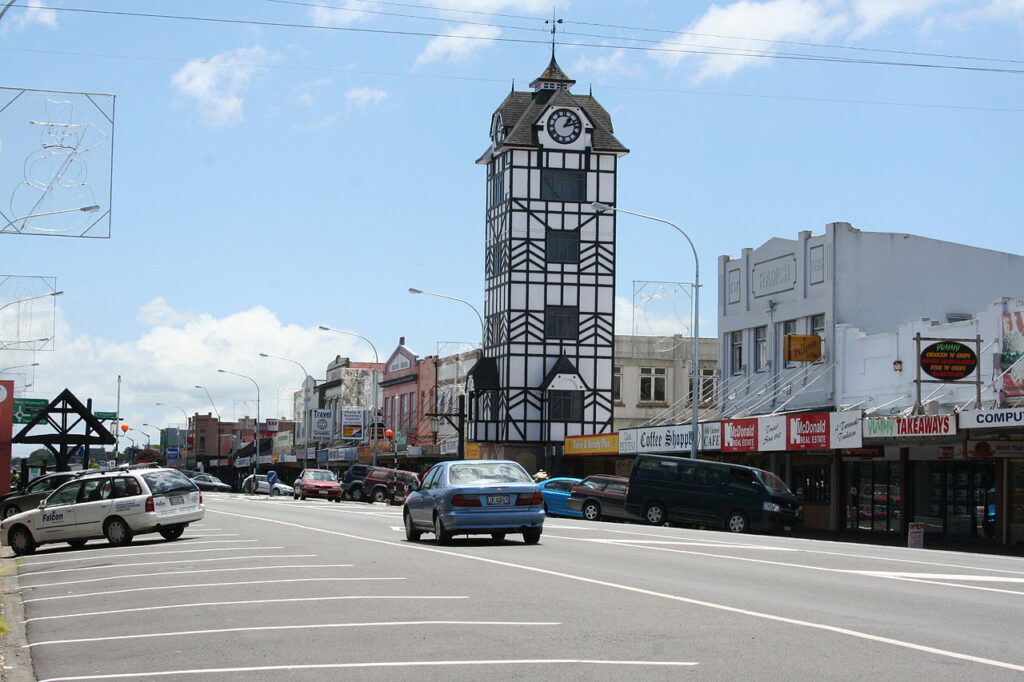
In 2023, the worldwide average GDP was $13,133 per capita, while that of New Zealand was $48,528.
Is New Zealand’s Economy Better Than Australia’s?
The New Zealand economy is said to have been struggling since 2022. In addition, the country’s GDP has been on a downward trend for about four years now. So, in comparison to Australia, New Zealand throttles behind.

Part of the reason for this is the two countries’ populations; Australia undoubtedly leads and has more people to join the national workforce. On the contrary, New Zealand has a small domestic population, which makes the output of its manufacturing sector relatively weak.
Is New Zealand a Low-Income Country?
Though New Zealand’s economy is in recession, it is not an economic underdog. Indeed, the country is a highly developed free market economy and ranks 52nd among the world’s leading economies.
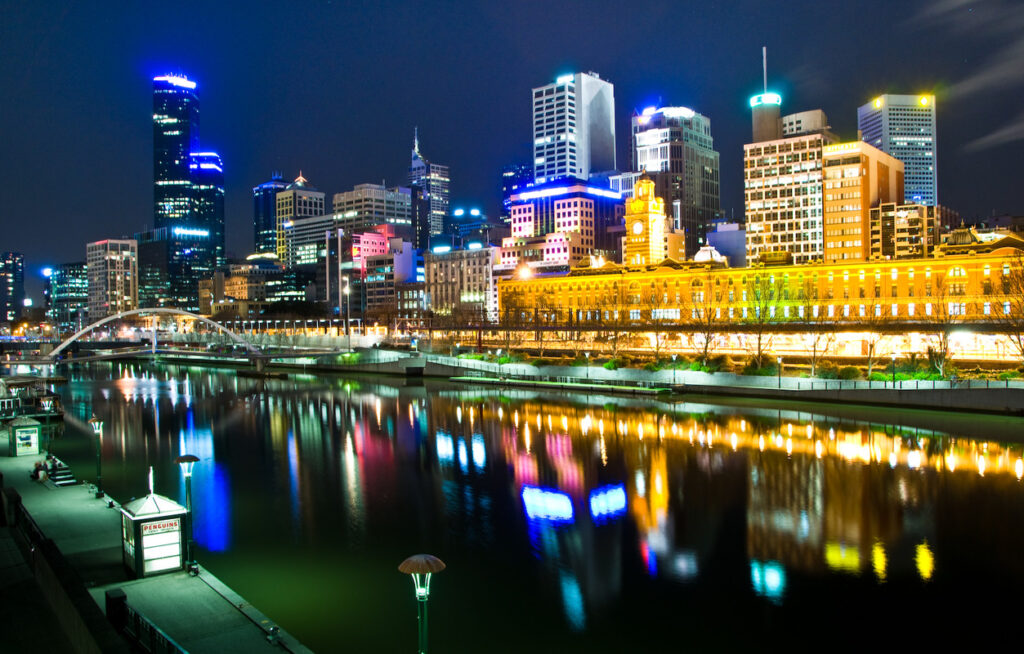
So, no, New Zealand is not a low-income country and is merely in recession. The largest economies of the world have gone into and emerged from recessions at different points in their history,
ALSO READ: Where Are China’s Ultra-Rich Investing Their Wealth Amid a Stagnant Economy?
Is New Zealand a Developed or Developing Country?
Investopedia ranks New Zealand as the 15th most developed country in the world based on its human development index (HDI), which factors in metrics like educational attainment, life expectancy, etcetera.
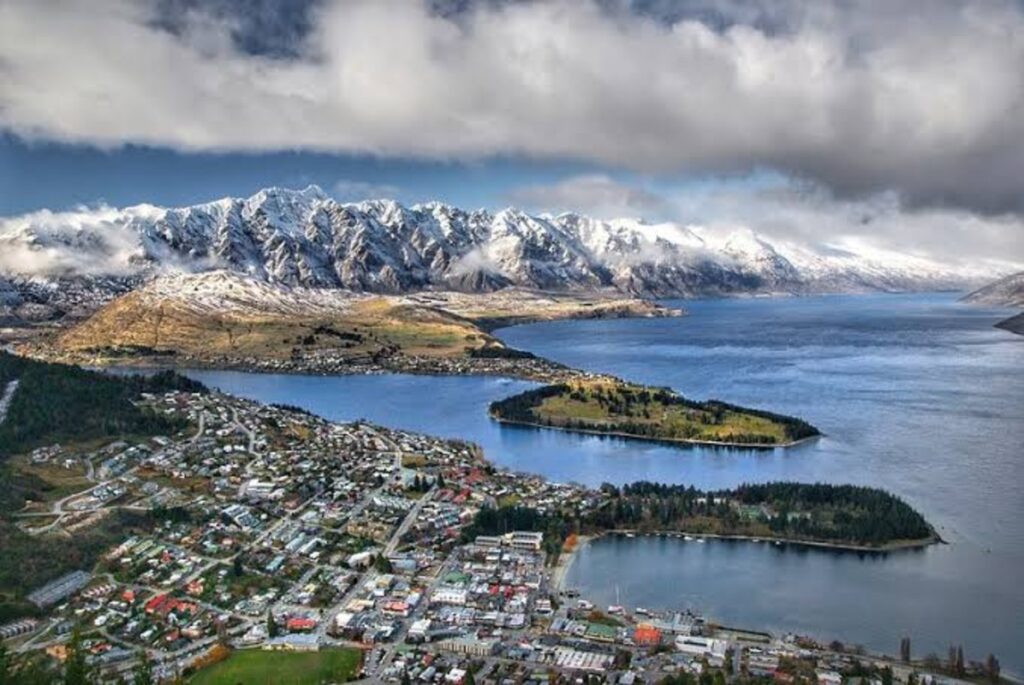
However, despite being considered developed, New Zealand’s population and manufacturing capacity humbles its economy compared to other world giants.
You Might Also Like:
Chipotle Stock Drops as CEO Brian Niccol Departs for Starbucks
China’s Move Away from the U.S. Dollar Signals Escalating Tensions
Average Credit Card Debt Climbs to $6,329: ‘People Are Stretched,’ Expert Warns
Nasdaq Rises 2%, Dow Gains 400 Points as Mild Inflation Data Sparks Market Comeback
